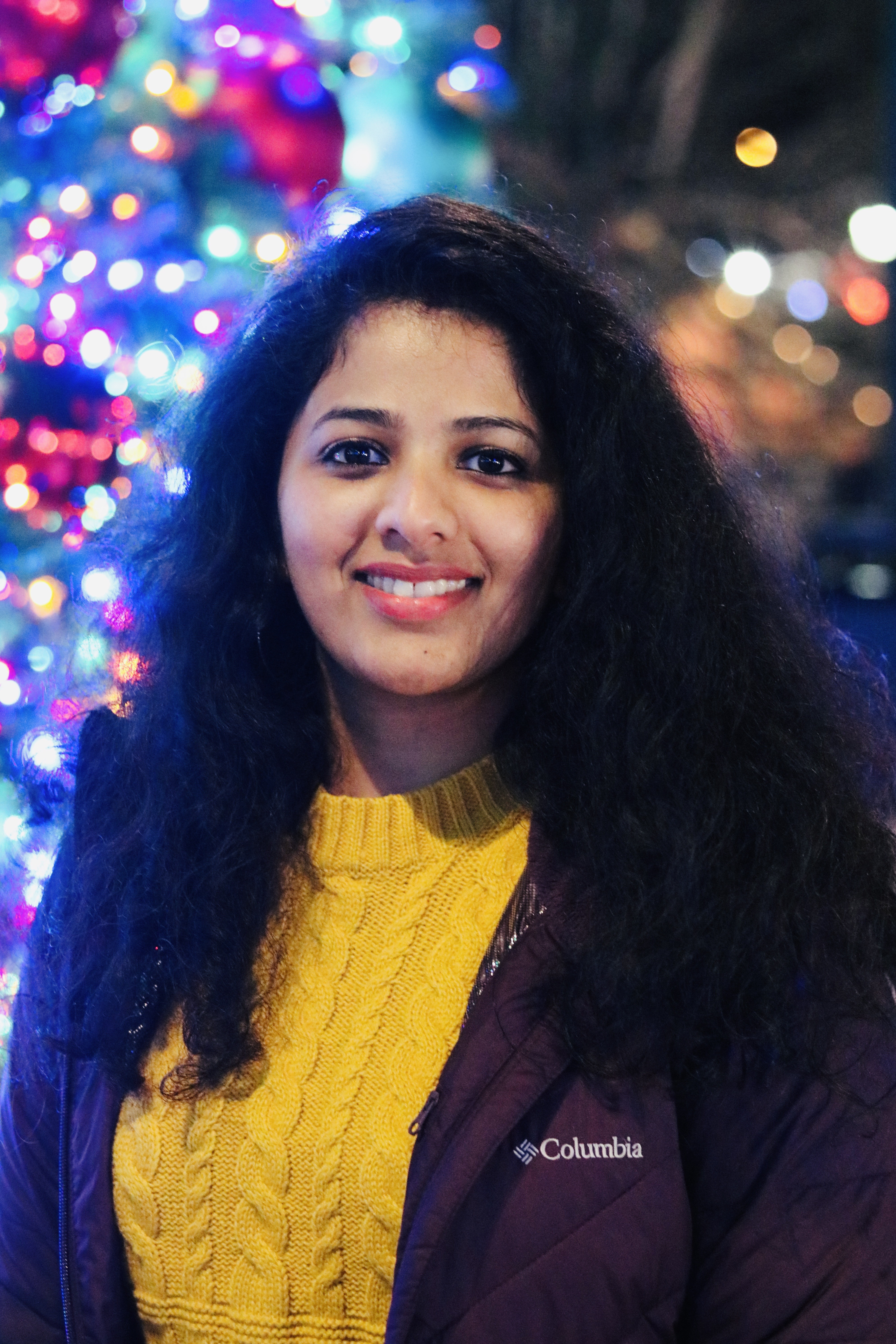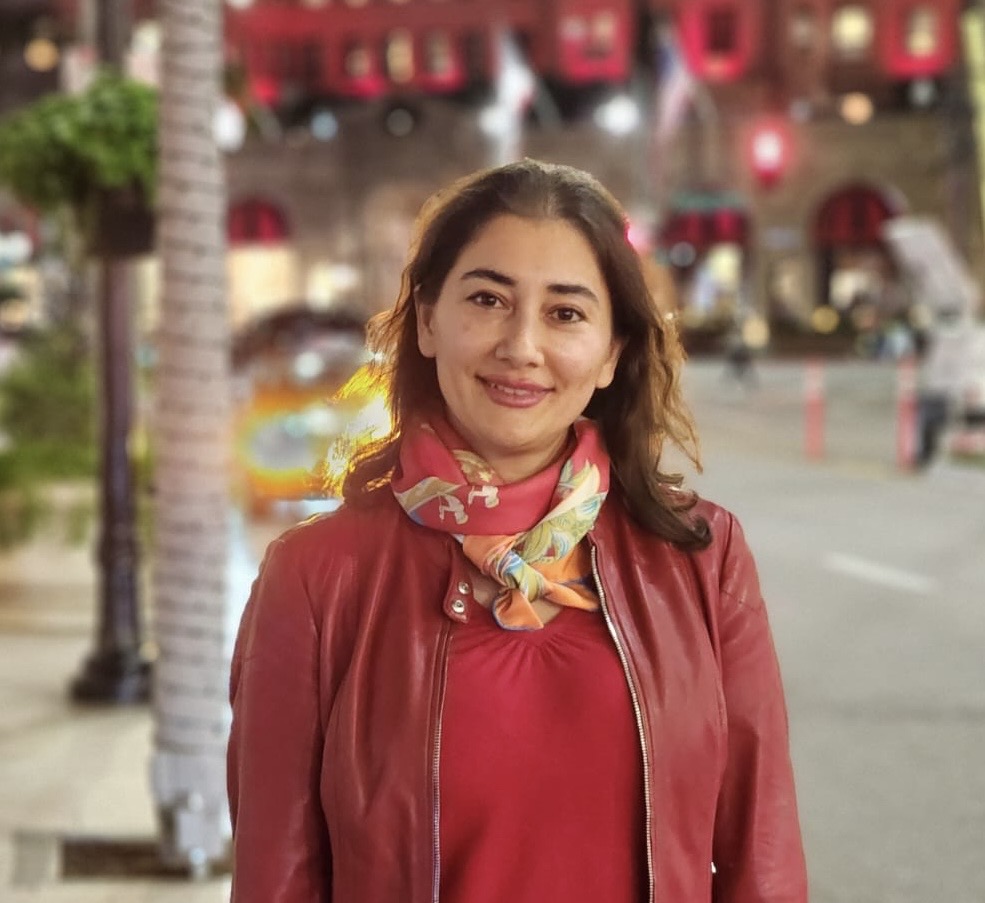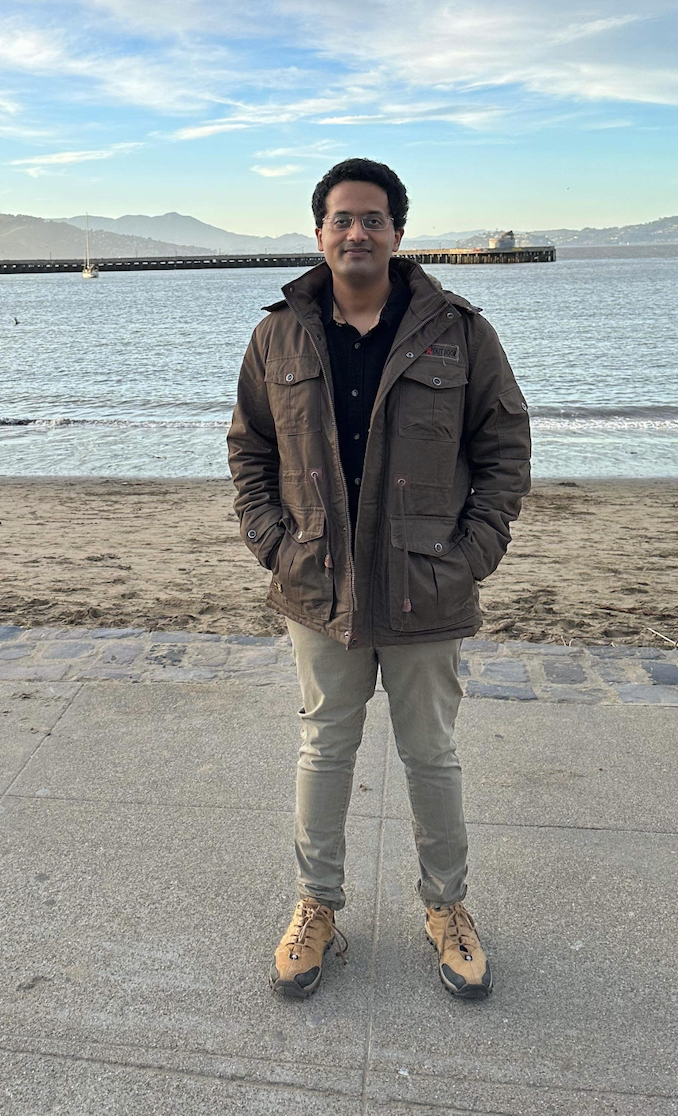Omar Lab Members
The Omar lab welcomes people from all backgrounds!
Mohamed Omar, M.D
Principal Investigator
Mohamed.Omar@cshs.org
 0000-0002-8068-1920
0000-0002-8068-1920  mohamed-omar-md
mohamed-omar-md Cedars-Sinai Profile
 Mohamed's Citations
Mohamed's Citations  @MohamedOmarMD
@MohamedOmarMD  mohamedomarmd.bsky.social
mohamedomarmd.bsky.social  TheOmarLab
TheOmarLab Mohamed recieved his MD degree from the School of Medicine at Mansoura University, Egypt. He then conducted postdoctoral training in Computational Genomics at Johns Hopkins University School of Medicine and in Computational Pathology from Weill Medical College of Cornell University (Weill Cornell Medicine) in the Lab of Dr. Luigi Marchionni.
In 2022, Mohamed became Assistant Professor of Research in Pathology and Laboratory Medicine, where he worked on developing computational approaches for cancer phenotype prediction using histopathology and multi-omics data.
He moved to Los Angeles, California in November 2024 to start his independent research lab in the Department of Computational Biomedicine at Cedars-Sinai.

Priyanka Vasanthakumari, Ph.D.
Research Data Scientist
Priyanka.Vasanthakumari@cshs.org
 priyanka-vasanthakumari-phd-68492789
priyanka-vasanthakumari-phd-68492789  priyanka9991
priyanka9991 Priyanka received her Ph.D. in Biomedical Engineering from Texas A&M University in 2022. Her thesis focused on deep learning-based detection of oral and skin cancer using multi-spectral Autofluorescence Lifetime Imaging (maFLIM). Subsequently, she joined Argonne National Laboratory as Postdoctoral Fellow, where she focused on developing machine learning models for predicting anti-cancer drug responses.
In the Omar lab, Priyanka is working on developing multimodal risk assessment tools for patients with prostate cancer using multiparametric MRI imaging (mpMRI) and digitized histopathology slides of biopsy specimens.

Maryam Ranjpour, Ph.D.
Postdoctoral Scientist
Maryam.RanjpourAghmiouni@cshs.org
 0000-0002-4828-9099
0000-0002-4828-9099  maryam-ranjpour-63884152
maryam-ranjpour-63884152  Maryam's Citations
Maryam's Citations Maryam received her Ph.D. in Medical Biotechnology in 2018 before starting her postdoctoral research in immunology and molecular oncology at UT Tyler and Cedars‑Sinai, respectively. With over 13 years of research experience, her work spans cancer targeted therapy, biomarker discovery, and translational studies in prostate and bladder cancer.
In the Omar Lab, Maryam applies her expertise in proteomics, molecular assays, and advanced 3D co‑culture models for prostate cancer bone metastases to study the molecular and spatial interactions within the microenvironment of both primary tumors and metastatic sites
Rishabh received his Bachelor of Science in Chemical Engineering from the University of Southern California in 2020. Subsequently, he received his Masters degree in Data Science from the University of Rochester. His prior work has focused on developing AI-driven platforms for spatial biology applications and language models for description-to-molecule generation tasks.
In the Omar lab, Rishabh is working on developing robust models for inferring high resolution spatial and molecular features from routine hematoxylin and eosin (H&E)-stained whole slide images (WSI).
Omar Lab Alumni
Itzel Valencia
Staff Scientist
2024 - 2023
Subsequently: PhD Student @ Cedars-Sinai
Undergraduate Interns
Bryan Magana - U-GROW Summer Intern
2025
Subsequently: Undergraduate @ Cal State University
Omar Lab Visitors
Rongsen Li - Visiting Scholar
2025 - 2026
